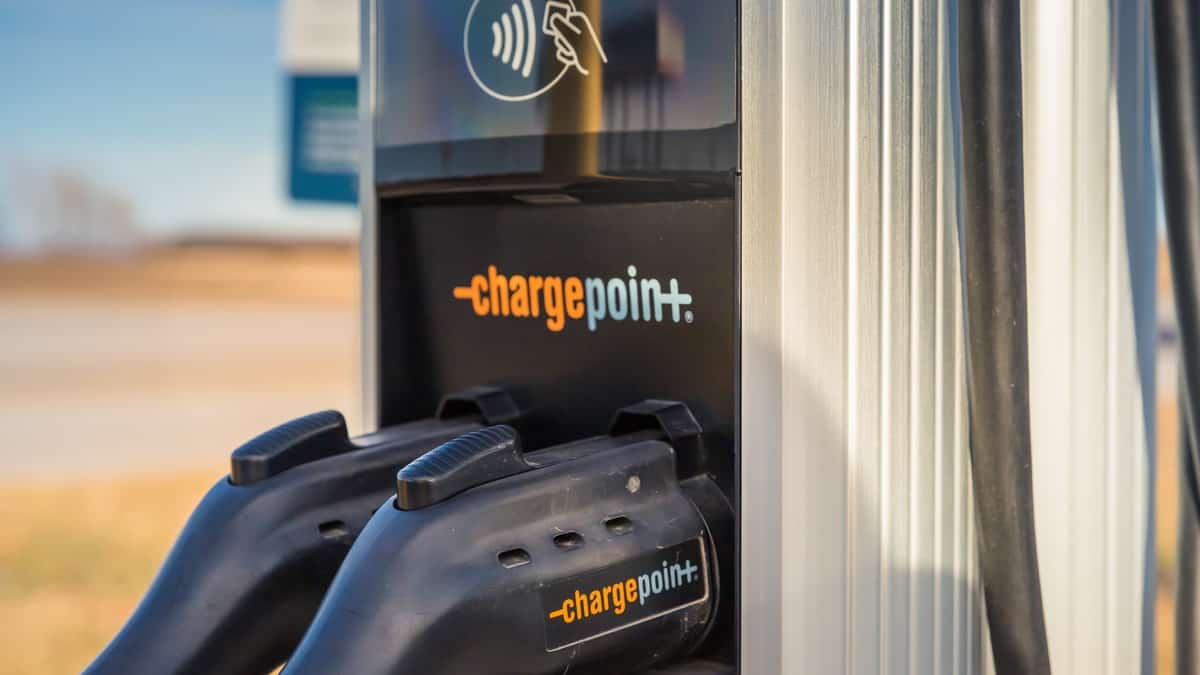The Tucson Metropolis City Council has recently approved an amendment to the Unified Development Code to ensure that new commercial development in Tucson is EV-ready.
“We want to make sure there’s the infrastructure in place for those people who want to make that choice and that switch to EVS feel confident there’s going to be that infrastructure in our community to support that choice,” said Koren Manning, Planning Administrator for the City of Tucson Planning and Development Services Department.
A motion to change the city’s building code to require new one- and two-family homes to have a designated parking space and one 40-amp power outlet installed for charging electric vehicles was unanimously passed by the council on Tuesday. This will also apply to office buildings and retail spaces.
“These new regulations would require all new commercial development, multi-family, office, and retail to include EV stations or outlets, as well as conduit to support future expansion of EV capacity,” according to the city of Tucson. “These new requirements come after more than a year of stakeholder and public engagement, community input, and technical analysis to develop the proposal.”
Specifically, outlets and conduits must be included in at least 30% of the parking spaces in proposed multi-family complexes, 20% of the spaces in office buildings, and 15% of the spaces in retail establishments. Retail developments with more than 50 parking spaces must have charging stations in 5% of those spaces.
The action is part of the city’s “Electric Vehicle Readiness Roadmap,” which was enacted in April 2021. This is a 10-year plan that aims to boost vehicle electrification in order to enhance air quality and public health, lower consumer fuel prices, and increase the efficiency of the city’s electrical system.
It is also worth noting that the City of Tucson conducted a survey about the regulations and found out that, “Most of the concerns are about costs and the added cost to install this conduit and the new charging station or outlets,” Manning said.
Nonetheless, Manning asserted that the city council listened to those concerns and tried balancing them. “We know that over time we expect to see greater adoption of electric vehicles and we want to make sure we’re prepared for that future and have that infrastructure in place.”
All things considered, the newly approved regulations will be implemented in December 1, 2022.

